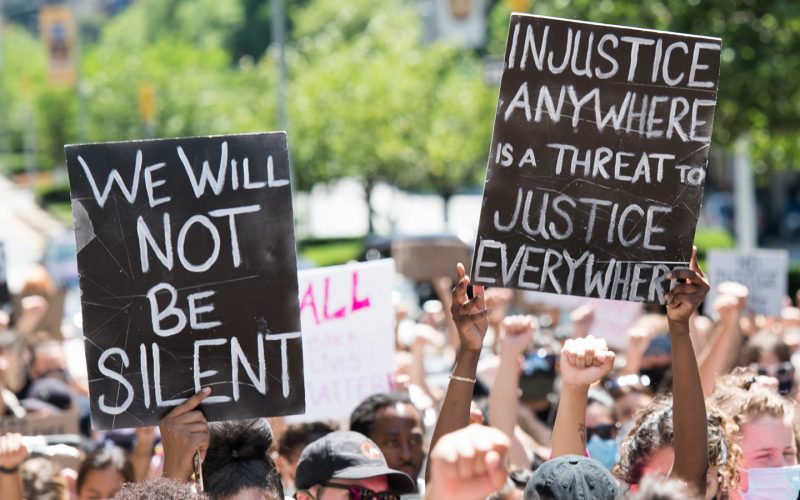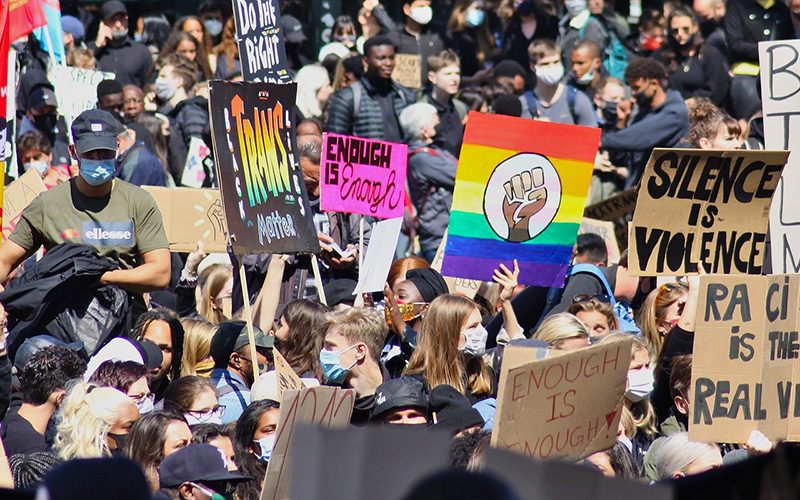What is
Macro Practice?
Macro practice is a part of the social work field which emphasizes what could be called "big picture" responses to social justice problems.
Where micro or clinical social work practice is often associated with individuals and their immediate relationships, macro social work practice focuses on organizational-, community- and policy-level interventions.
The Special Commission strongly believes that micro and macro practice are deeply interconnected and equally important for effective social work practice.
Nevertheless, macro practice content is often underrepresented in BSW and advanced generalist practice curricula and opportunities to participate in a macro practice specializations are limited in social work programs nationwide.



What is the
Special Commission?
Since its inception in the Summer of 2013, the Special Commission has been building a movement to redress the imbalance between macro and micro practice in our profession.
The relatively low numbers of students being trained as macro social workers - including community organizers, planners, developers, policy practitioners, administrators, and leaders - threatens our profession's ability to shape service delivery, public policy, and community well-being.
This is especially so today when we practice in a context greatly impacted by dramatically increased economic inequality and poverty, deteriorating police-community relations, institutional racism, sexual violence, xenophobia, and environmental degradation.
Our Mission
The Special Commission seeks to increase social workers' presence as leaders and social service administrators, improve social workers' abilities to influence and shape public policy, and enhance social workers' skills in promoting community well-being.
The Special Commission is also dedicated to championing the social work profession’s commitment to intersectional social justice - acknowledging the enduring significance of racism, sexism, heterosexism, transphobia, classism, ableism, ageism, and all other forms of institutional and systemic oppression.

